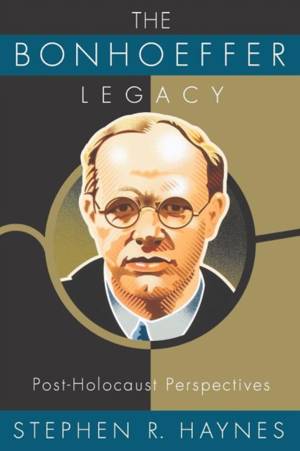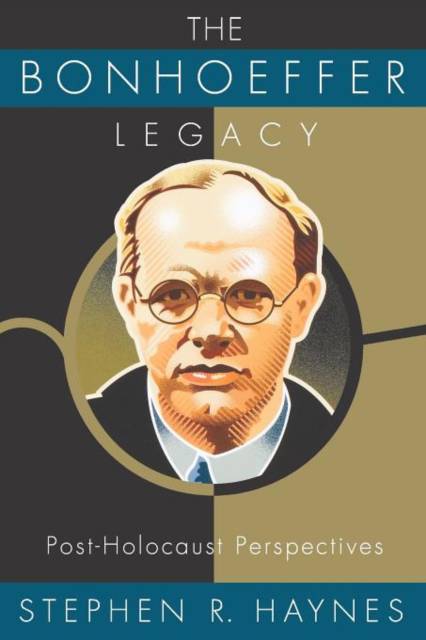
- Afhalen na 1 uur in een winkel met voorraad
- Gratis thuislevering in België vanaf € 30
- Ruim aanbod met 7 miljoen producten
- Afhalen na 1 uur in een winkel met voorraad
- Gratis thuislevering in België vanaf € 30
- Ruim aanbod met 7 miljoen producten
Omschrijving
How much did DietrichBonhoeffer know of theHolocaust, and what did he do tohelp the Jews? Should Bonhoefferbe considered one of the "Righteousamong the Nations"?
In this welcome sequel tohis acclaimed The BonhoefferPhenomenon, Stephen Haynestakes up these vexing andcontroversial questions. While Bonhoeffer spoke outagainst mistreatment of the Jews as early as 1933 in aradio broadcast, his own reflection on Jewish identityin Christian theology and on the plight of the Jewsdeveloped considerably over the next dozen years. Alwaysforthright yet fair, Haynes analyzes the historical recordand Bonhoeffer's maturing theology and shows howBonhoeffer's self-critical theology relates to the lateradvent of post-Holocaust theologies, with their sharplyposed challenges to traditional Christian supersessionism.
Specificaties
Betrokkenen
- Auteur(s):
- Uitgeverij:
Inhoud
- Aantal bladzijden:
- 256
- Taal:
- Engels
Eigenschappen
- Productcode (EAN):
- 9780800638153
- Verschijningsdatum:
- 15/03/2006
- Uitvoering:
- Paperback
- Formaat:
- Trade paperback (VS)
- Afmetingen:
- 152 mm x 229 mm
- Gewicht:
- 408 g

Alleen bij Standaard Boekhandel
Beoordelingen
We publiceren alleen reviews die voldoen aan de voorwaarden voor reviews. Bekijk onze voorwaarden voor reviews.








